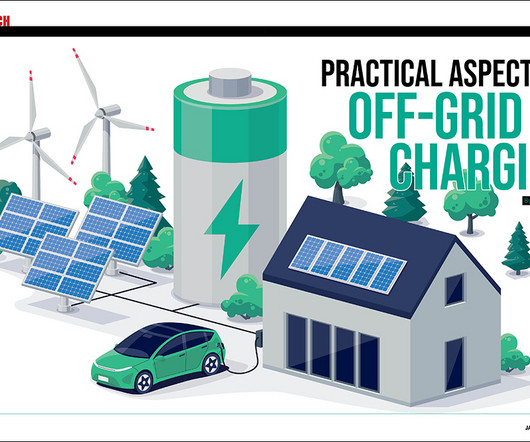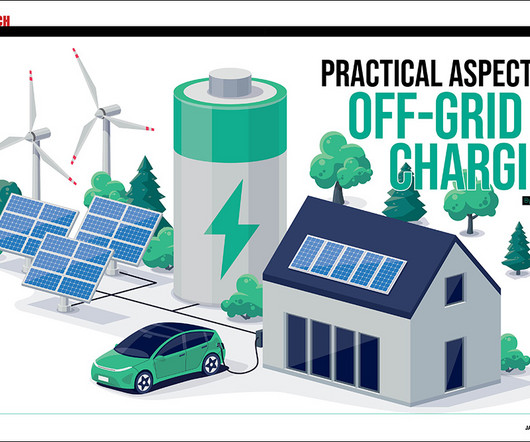Tier 1 HELLA evaluating PowerGenix NiZn batteries for 48V mild hybrid vehicles
Green Car Congress
OCTOBER 21, 2013
PowerGenix, the developer of nickel-zinc (NiZn) rechargeable batteries ( earlier post ), has signed a product evaluation contract with HELLA, a Tier 1 supplier to major automotive manufacturers worldwide. The market for micro hybrid and mild hybrid vehicles is on track to grow nearly eightfold to 39 million vehicles in 2017, driving a $6.9-billion

















Let's personalize your content